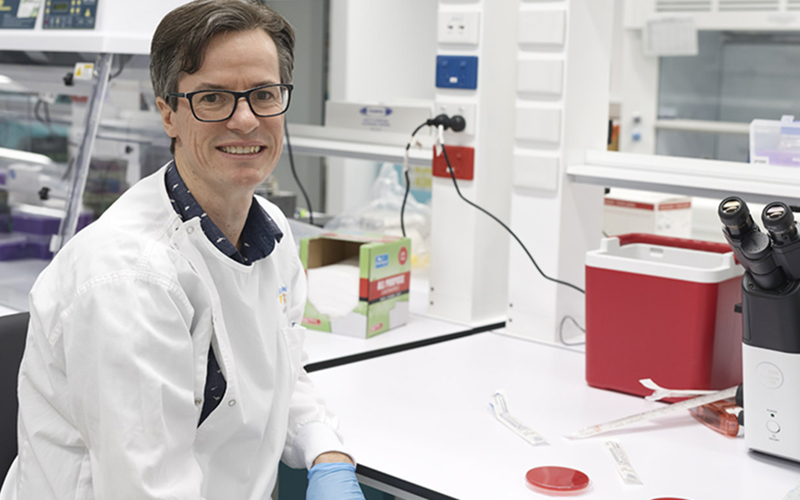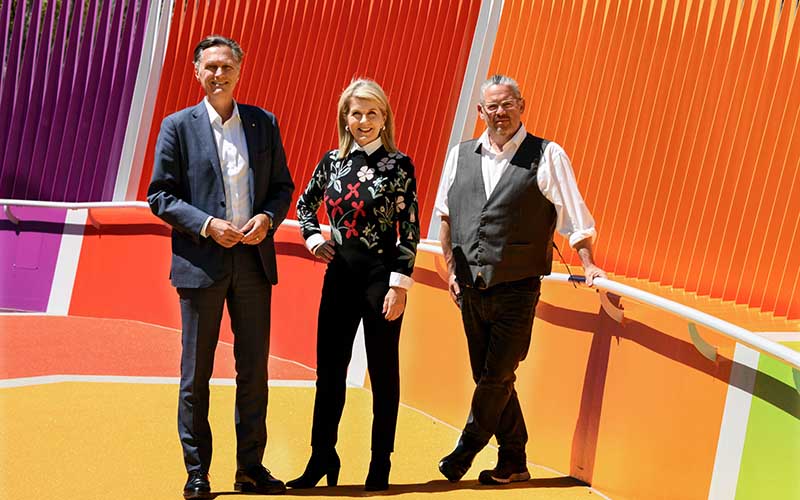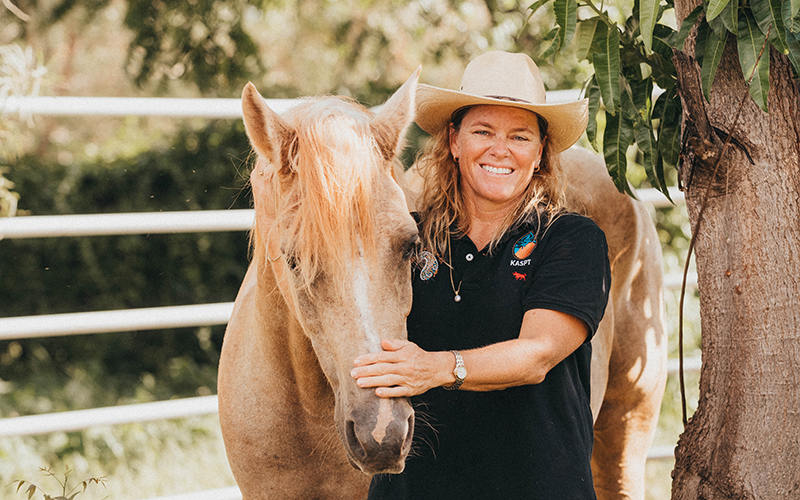Search
Showing results for "Au"
News & Events
New research links energy drinks to anxiety in young menA new study from The Kids for Child Health Research has uncovered a link between energy drink consumption in young men and increased anxiety.
Research
Alert Program®Emma Glenn Martyn Adams Pearson Symons BExSc, MPH BA (Education) PhD Candidate B.A. (Hons) PhD. Acting Research Officer; PhD student Director of
Research
Development of a longer acting formulation of Penicillin G for the treatment and prevention of acute rheumatic fever and rheumatic heart diseaseThis project aims to develop a longer acting formulation of penicillin, such that frequency of the injection can be increased up to 3-6 months.
Research
Using PARP inhibitors to radiosensitise medulloblastomaRaelene Nick Endersby Gottardo BSc (Hons) PhD MBChB FRACP PhD Brainchild Fellow; Co-Head, Brain Tumour Research Head of Paediatric and Adolescent

News & Events
WA Health funding supports development of rapid test for antibiotic-resistant skin infections in Aboriginal childrenA rapid test to detect antibiotic-resistant skin infections in Aboriginal children could be a step closer, thanks to support from the FHRIF.

News & Events
Aboriginal health research leader first recruit in national strategic partnershipDr Alex Brown to take up a new appointment as Professor of Indigenous Genomics.

News & Events
WA health experts say junk food and sugary drink sponsorships have no place in sportWA’s peak public health and medical experts have united in their call to end the sponsorship of sport by junk food companies.

News & Events
The Kids Research Institute Australia researcher wins Forrest Prospect Fellowship to examine youth suicide clustersA youth mental health researcher aiming to map suicide hotspots and avert further suicides in WA has been awarded a prestigious fellowship from the Forrest Research Foundation.

News & Events
Major funding boost for innovative Yawardani Jan-ga programA trail-blazing Aboriginal-led program which uses equine-assisted learning to address the urgent needs of young Aboriginal people across the Kimberley has been given a major funding boost, thanks to a generous grant from Healthway.

News & Events
Big data expert appointed Kerry M Stokes Chair of Child Health ResearchAn international leader in the analysis and mapping of big data sets to tackle disease has been appointed The Kerry M Stokes Chair of Child Health.
